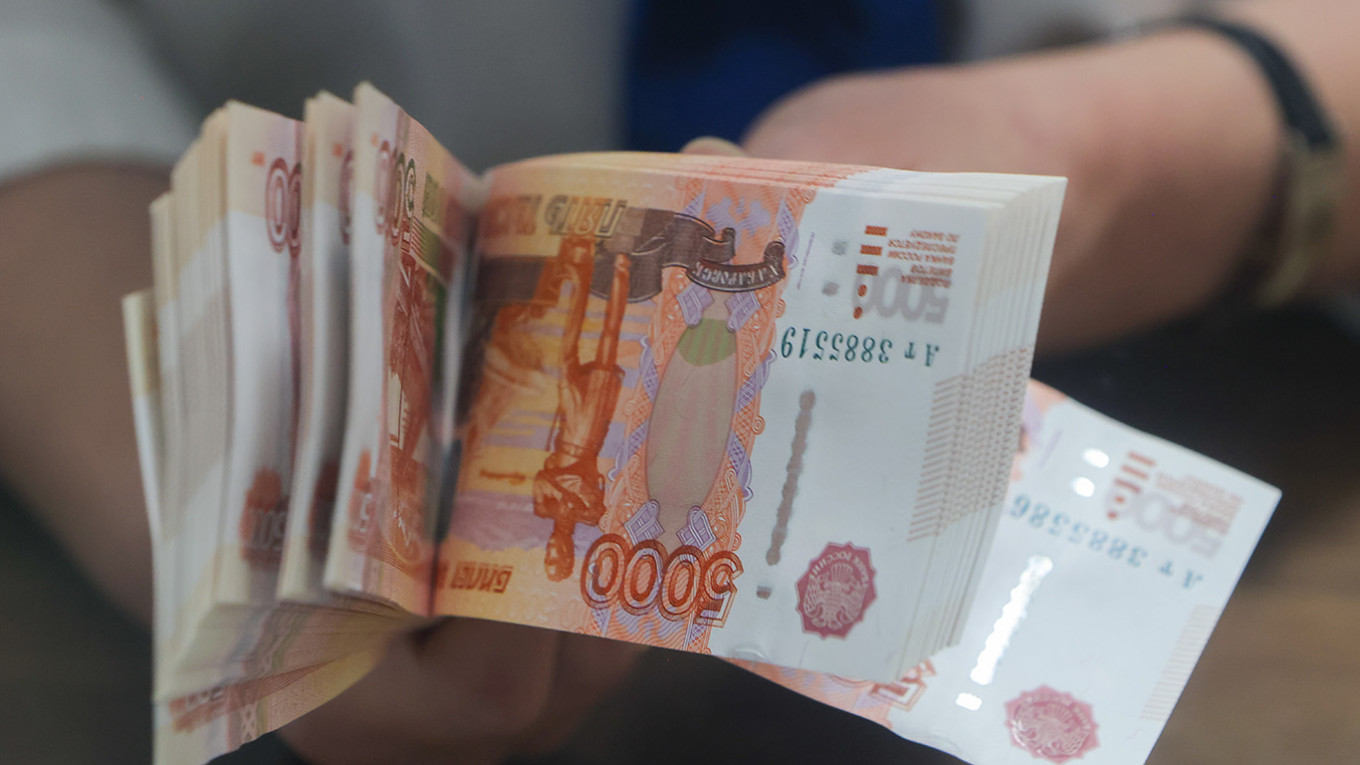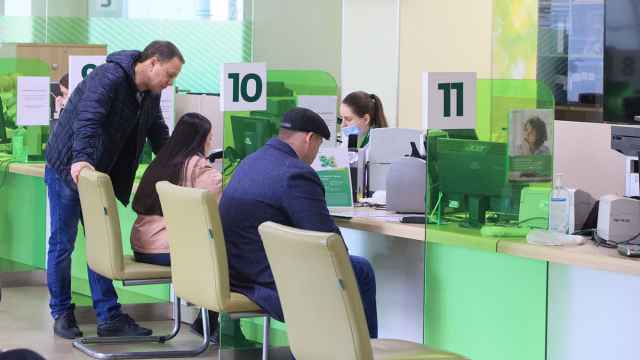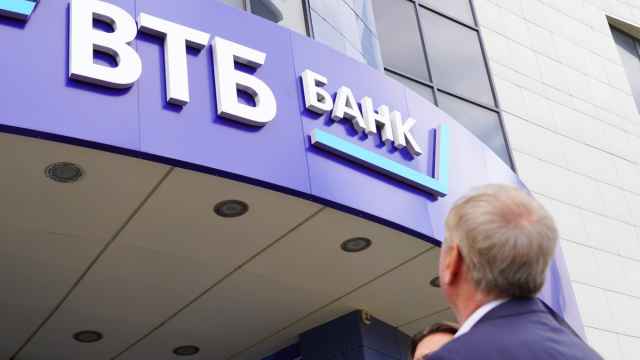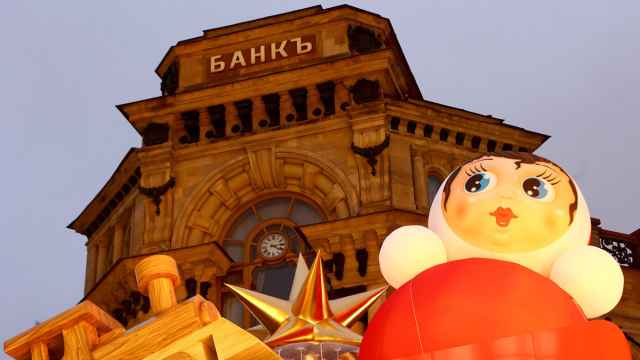Several of Russia’s largest banks are reporting an outflow of individual deposits following reductions in interest rates and widespread rumors concerning potential deposit freezes by the government.
According to data analyzed by the consultancy Frank RG, eight of the country’s 20 largest credit institutions experienced deposit outflows in June.
The largest withdrawal was recorded at Alfa-Bank, Russia’s biggest private lender with roughly 30 million clients, which saw a 3.9% decline in retail deposits equivalent to 125.3 billion rubles ($1.54 billion, according to spot foreign exchange market data published by Reuters).
Other banks posting significant outflows include the privately owned Sovcombank (-2.9%), Dom.RF (-2.5%), Russian Standard Bank (-2.2%), MKB (-2%) and both GPB and Post Bank (-1.1%).
Among the top 20 lenders, only the banking subsidiary of Russian tech giant Yandex and the agricultural bank Rosselkhozbank registered increases in term deposits, with growth rates of 22.5% and 5.4% respectively, Frank RG reported.
The reduction in deposits occurred as banks lowered interest rates in response to a key rate cut by the Central Bank. The average maximum deposit rate dropped to 18.3% annually in June, down from over 21% in December.
One-year deposit offers had fallen further by late July, ranging from 14% to 17%, according to Natalia Milchakova, chief analyst at Freedom Finance Global. She forecast that rates could dip to 12-14% by the end of the year if the Central Bank continues easing its monetary policy.
With roughly 60.3 trillion rubles ($741.7 billion) held in household deposits, about a third of Russia’s GDP, sustained outflows could carry broader economic implications.
Andrei Zubets, director of the Institute for Socio-Economic Studies at the Financial University under the Russian government, said last year that authorities might implement deposit freezes in response to the threat of rapid inflation should consumers begin spending en masse.
Central Bank Governor Elvira Nabiullina has sought to quell such speculation, describing the claims as unfounded.
“Banks pay [depositors] through interest on loans,” she said. “They are profitable, they are stable.”
A Message from The Moscow Times:
Dear readers,
We are facing unprecedented challenges. Russia's Prosecutor General's Office has designated The Moscow Times as an "undesirable" organization, criminalizing our work and putting our staff at risk of prosecution. This follows our earlier unjust labeling as a "foreign agent."
These actions are direct attempts to silence independent journalism in Russia. The authorities claim our work "discredits the decisions of the Russian leadership." We see things differently: we strive to provide accurate, unbiased reporting on Russia.
We, the journalists of The Moscow Times, refuse to be silenced. But to continue our work, we need your help.
Your support, no matter how small, makes a world of difference. If you can, please support us monthly starting from just $2. It's quick to set up, and every contribution makes a significant impact.
By supporting The Moscow Times, you're defending open, independent journalism in the face of repression. Thank you for standing with us.
Remind me later.






